
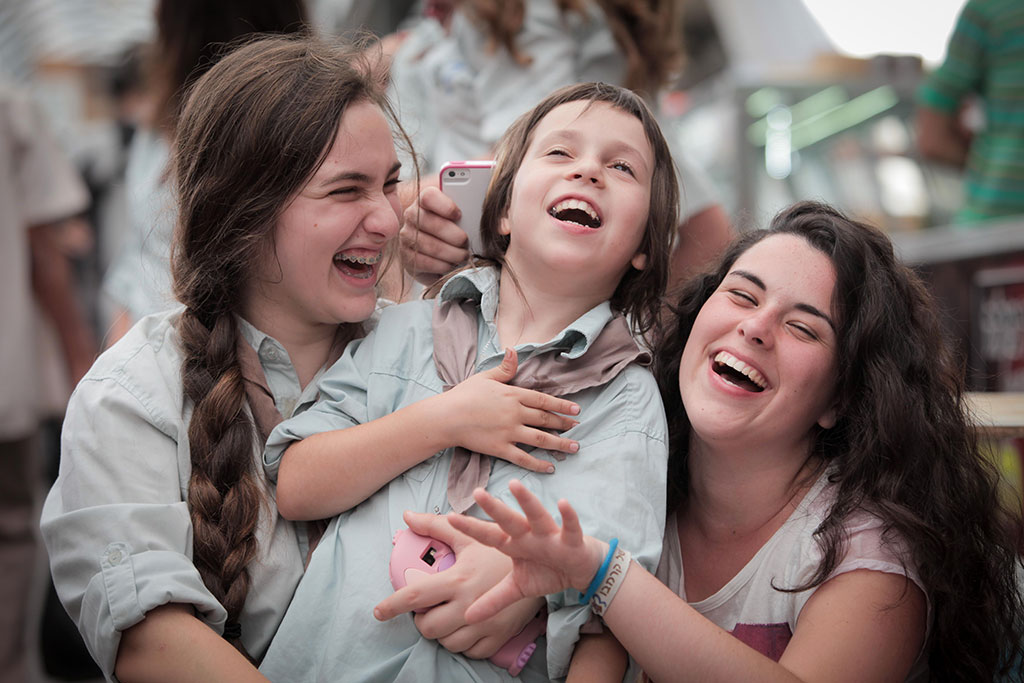
JUF in Israel
Israel has been a key focus for our Chicago community for decades. The bonds that tie our people together are as robust as they are long-standing.
JUF’s Israel office conducts strategic planning and oversight of all JUF operations in Israel, liaising with hundreds of non-profits, grantees and historic partners, and working within the ecosystem of foundations and Jewish Federations to provide our Chicago community with the most up-to-date and relevant support on the ground.
Hundreds of community members visit annually, assisted by JUF and its team here in Israel. Our Israel office leads JUF’s signature initiatives, researches and informs the community on Israeli society, economy, social and geo-political trends and more.
Focus Areas
Each year JUF supports over 100 projects in Israel, helping vulnerable populations, advancing educational initiatives, responding to emergency needs,and fostering people-to-people connections.
Much of JUF’s work in Israel is carried out in partnership with the Jewish Agency for Israel (JAFI), the American Jewish Joint Distribution Committee (JDC) and World ORT. Through those agencies – with relationships going back almost 80 years–JUF supports needs in Israel and around the world, ensuring the building of a thriving Jewish future and a strong Israel.
JUF also works to promote the development of our Partnership Together region (Kiryat Gat, Lachish Regional Council and Shafir Regional Council), improving the quality of life for its residents and connecting them with the Jewish community of Chicago.
In times of emergency in Israel, such as the Swords of Iron War–JUF allocates funds in response to evolving needs on the ground, ensuring timely and targeted support for affected communities.
Learn more about some of the programs and projects currently supported by JUF in Israel
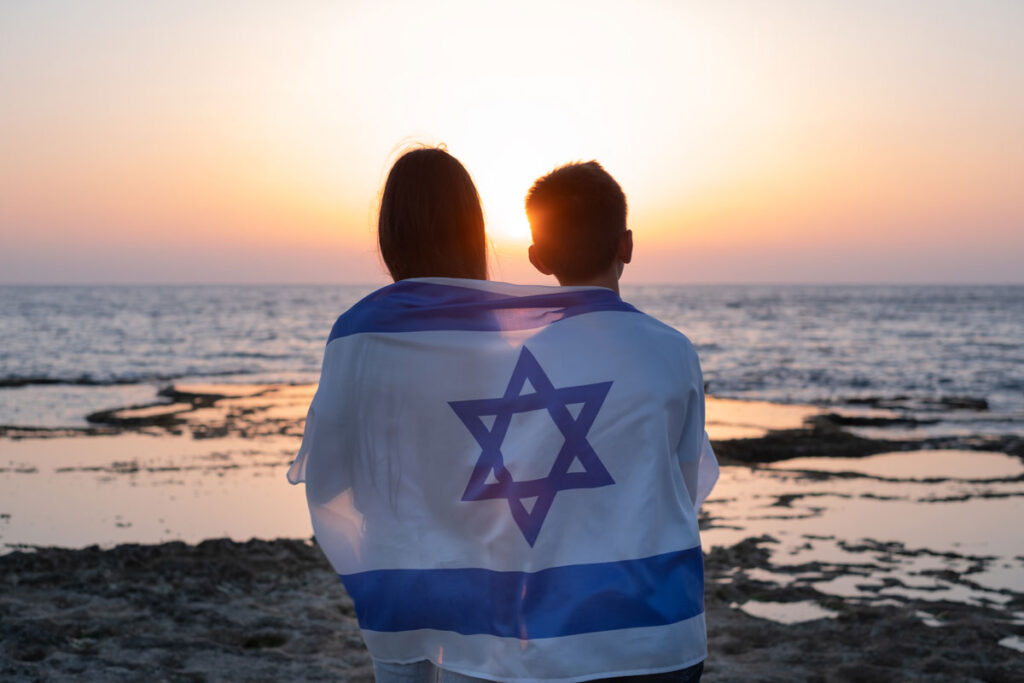
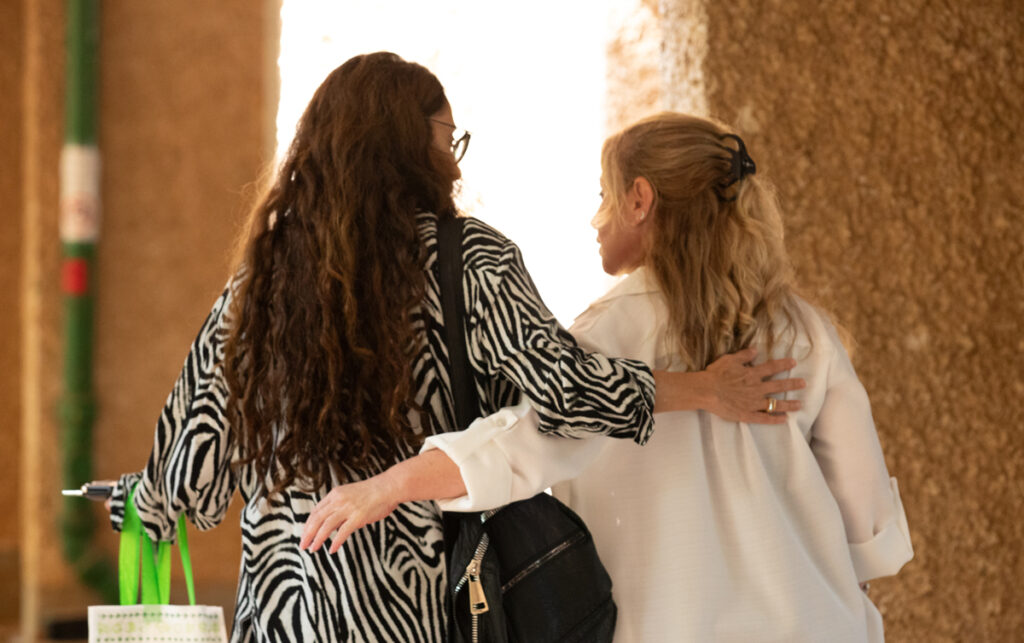
Mental Health Rehabilitation
Since October 7, one of JUF’s top priorities in Israel has been responding to the overwhelming and rapidly growing need for mental-health support and rehabilitation.
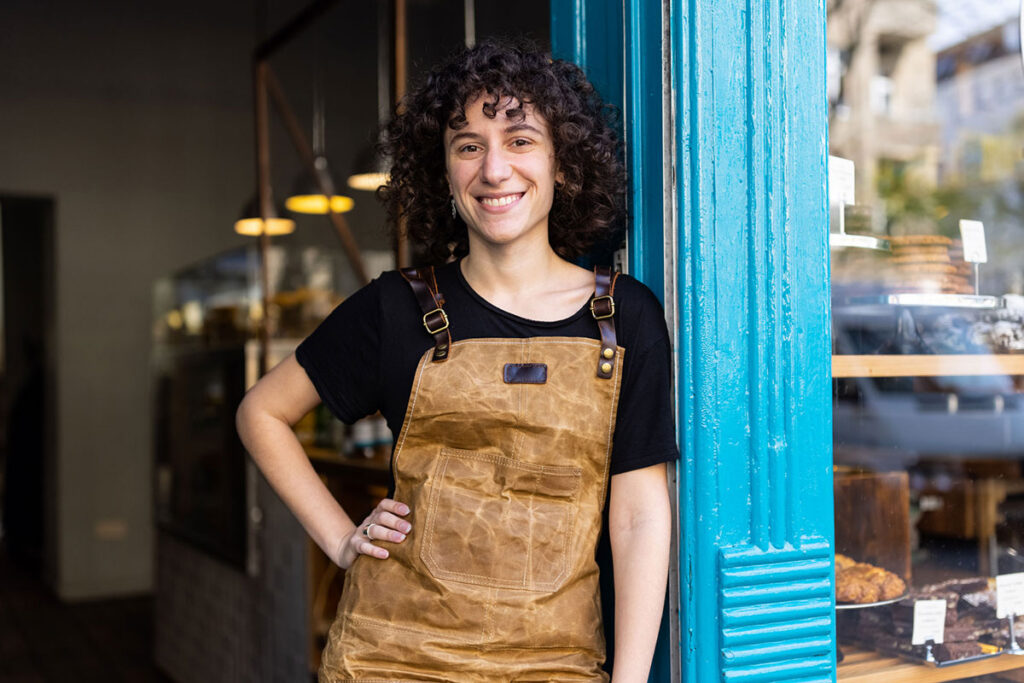
Economic Rehabilitation
The war has taken a heavy toll on Israel’s economy and on the lives of countless Israelis. Evacuees, reservists and their families, wounded individuals and small business owners suddenly found themselves without work, income, or stability.
In response, JUF has partnered with leading organizations to strengthen Israel’s economic resilience, supporting systemic, long-term recovery efforts that go beyond immediate relief.
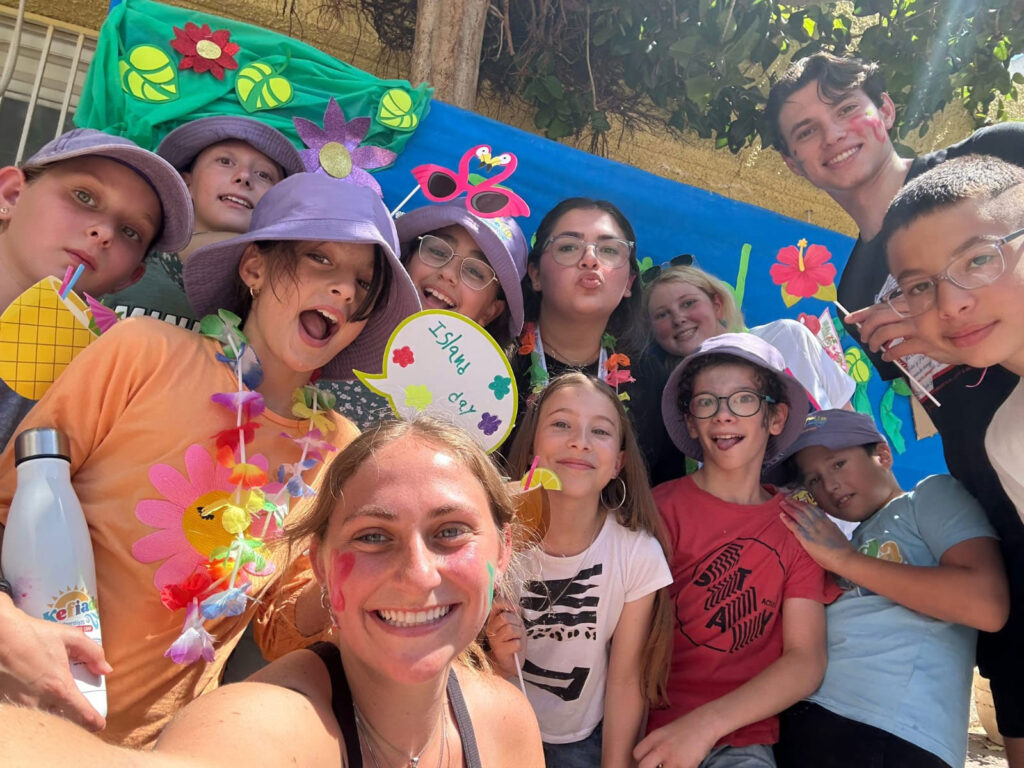
Partnership Together
Partnership Together (P2G) is a Jewish Agency for Israel initiative that connects Diaspora communities with Israeli communities.
Chicago’s P2G region, covering Kiryat Gat, Lachish Region Council, and Shafir Region Council in the northern Negev, receives $1 million from JUF’s Annual Campaign. This funding supports projects aimed at regional development, enhancing residents’ quality of life, and fostering connections with Chicago Jewry.
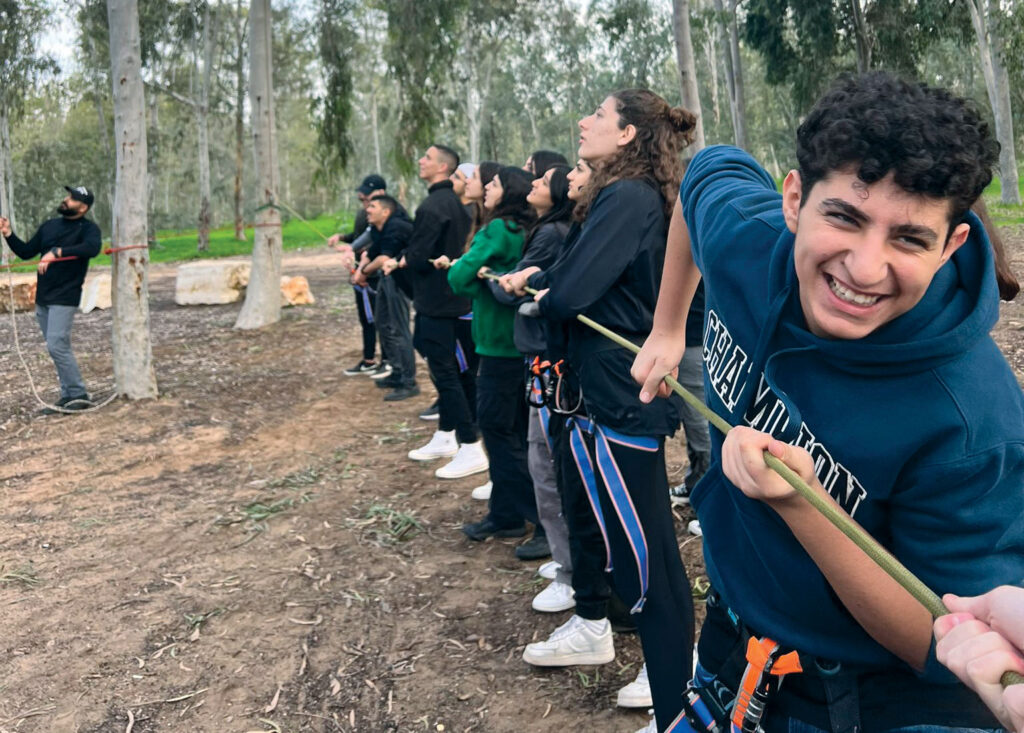
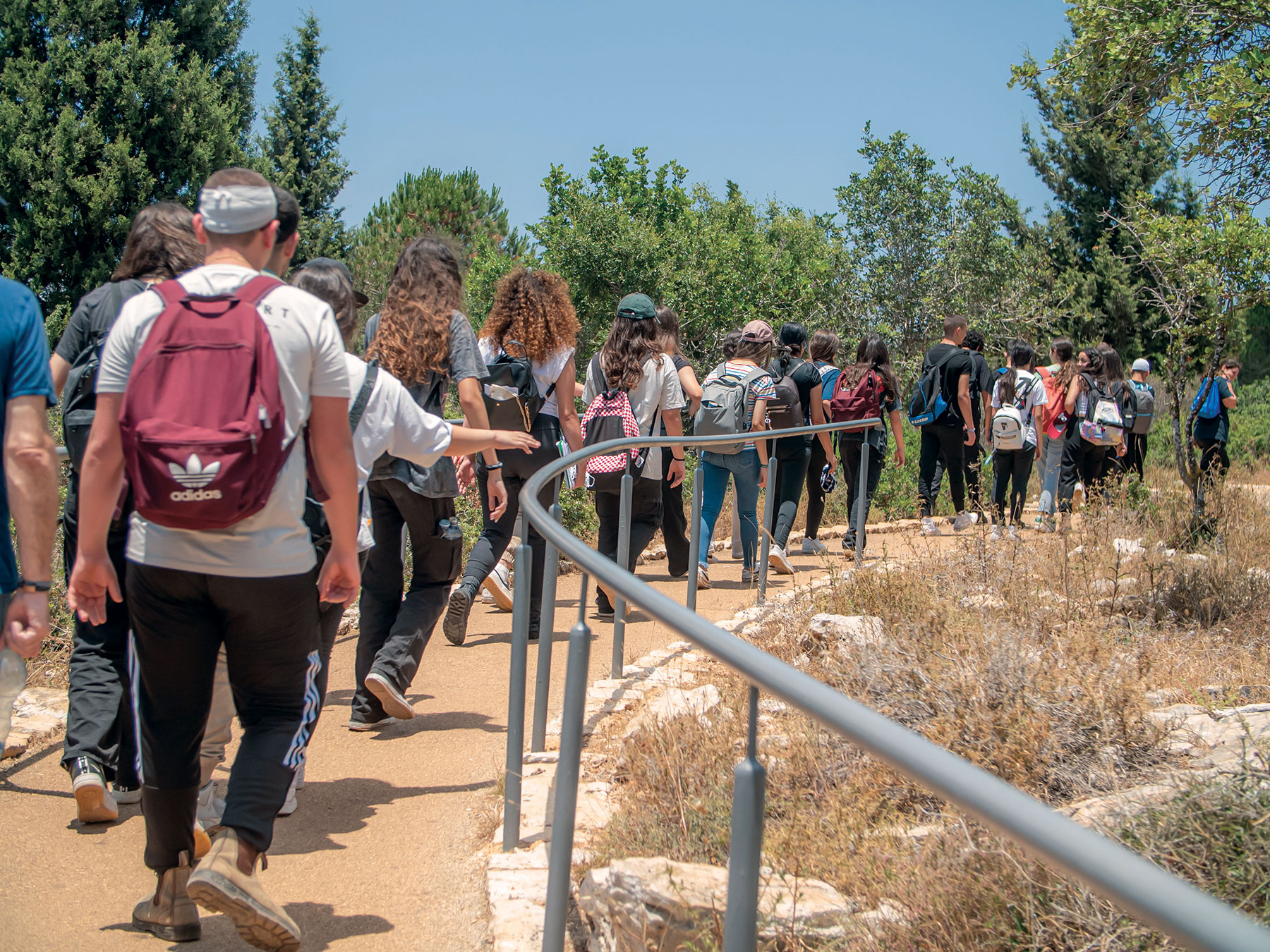
Sanabel Druze Program
The Sanabel Druze Leadership Program is the first of its kind, developed by JUF in partnership with The Edmond de Rothschild Partnerships, as the largest-ever initiative by a Jewish community to support Israel’s Druze population.
Sanabel cultivates a cadre of promising young Druze women and men who are shaping the future of their community while serving as ambassadors of Druze heritage and values within Israeli society.
The name “Sanabel,” Arabic for “wheat spike,” deeply resonates in an agrarian society and symbolizes the program’s potential as a source of growth and nourishment, while highlighting the community’s connection to the land.
This ten-year program accompanies participants from age 15 to 25, empowering them with leadership tools, social awareness, and access to higher education opportunities. Through weekly meetings, outdoor seminars, and hands-on community ventures, participants strengthen their leadership and teamwork skills, deepen their connection to Druze heritage, and build bridges across Israeli society.
Now in its third year, Sanabel comprises 78 participants and four staff members, all from the Druze community. The program has received the blessing of Shaykh Mowafaq Tarif, the spiritual leader of the Druze community in Israel and includes participants from all Druze villages across the Carmel and Galilee.
During the war, Sanabel participants demonstrated exceptional leadership and civic engagement—initiating social action projects, supporting Druze youth in Syria, organizing community resilience activities for children, volunteering with families of soldiers and advocating for Israel on social media. Their compassion and initiative reflect the program’s spirit of responsibility, identity, and service.
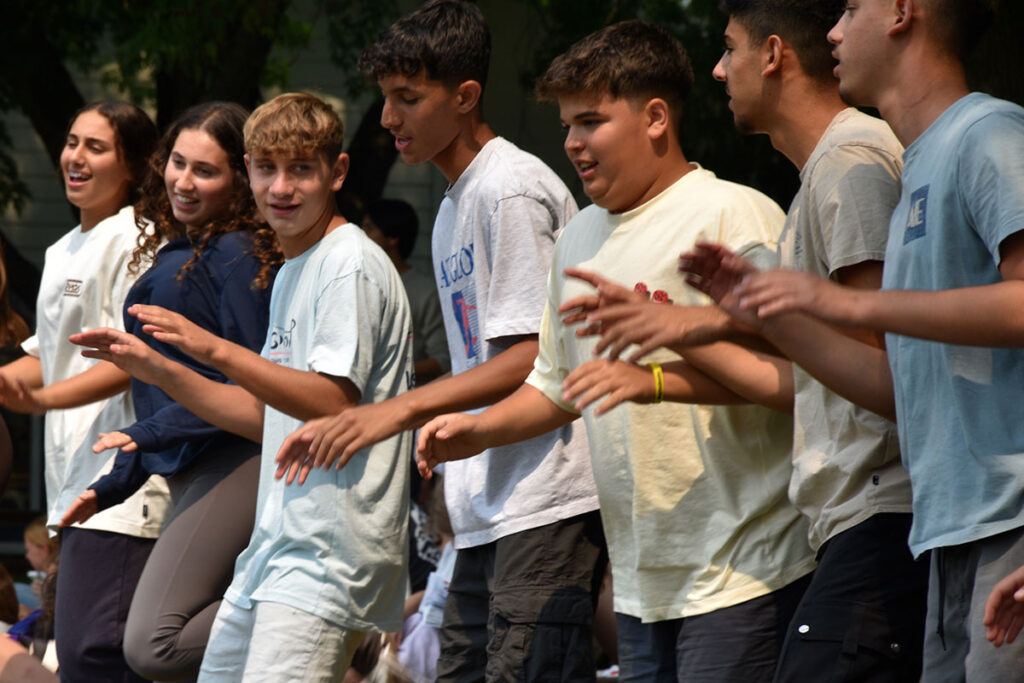
Chicago – Nir Oz Partnership
On October 7, Kibbutz Nir Oz was among the hardest-hit communities along the Gaza border. Of its 416 residents, 117 were murdered or taken hostage and nearly every home was destroyed or looted. Over 80% of the surviving residents relocated to temporary housing in Kiryat Gat, within JUF Chicago’s Partnership region, where they have begun the long process of rebuilding their lives and community.
Recognizing both the deep trauma and the extraordinary resilience of this community, JUF established a dedicated, multi-year partnership to accompany Nir Oz in its recovery and renewal.
$13.1M
for trauma relief and emotional support
3k
people on average travel to Israel each year on JUF-supported programs to see the organization’s impact, make new friends and explore Jewish history
100+
programs and projects in Israel are supported by JUF
8k
emergency grants made to assist people injured in the war or who lost loved ones to terror
JUF Israel Office: 48 King George St., PO box 92
Jerusalem 91000, Israel | [email protected] | +972-52-4020-488